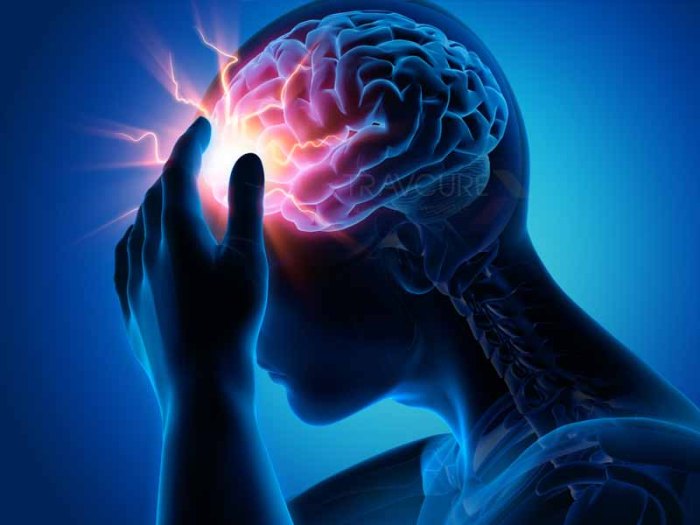Atrial Fibrillation is one of the most common cardiac conditions which is caused due to the abnormal beating of the heart. Recent studies suggest that this condition doubles the risk of a person of having ‘silent’ strokes. Silent heart strokes display no signs and symptoms in patients but can however affect their thinking and memory functions. Moreover, atrial fibrillation is also associated with 40 percent increased risk for mental impairment in patients. Alongside this, early research had found silent strokes to be associated with threefold increase in risk for symptomatic strokes and twofold in risk of developing dementia.
Atypical Case of Atrial Fibrillation
Patients who survive blood clots and near-strokes during their first atrial fibrillation episodes live in constant fear that the next one may prove fatal. Even after surgical treatment for cardiac arrhythmia, it gets difficult for them to watch others as they very well understand what the person is going through. Moreover, since most often atrial fibrillation is not diagnosed in patients until they have had a stroke or two, diagnosing the condition may take years of time for any patient. This is one of the main reasons as to why awareness should be raised about the disease.
What is Atrial Fibrillation?
Atrial fibrillation is a condition caused due to irregular heartbeats (arrhythmia) in a person which is linked to increased risk of stroke. Other higher risk conditions which are also associated with atrial fibrillation include heart failure, heart attack, kidney disease and sudden death. It is particularly noteworthy that relative and absolute increase in risk for heart failure due to this condition is the highest. Upper chambers of the atrial fibrillation patient’s heart generally flutter or beat irregularly. Moreover, any conditions which cause irregular heart rhythms and aberrant electrical impulses from any part of the heart contribute to atrial fibrillation. In fact, with recent observations it appears to be more likely that atrial fibrillation is acting as a marker for common underlying risk factors for cardiovascular disease. It is also true that 90 percent of atrial fibrillation patients also have high blood pressure. What needs to be highlighted here is that the complex nature of atrial fibrillation makes it possible for it to be associated with one or more of several other conditions as well.

Affordable Treatments and Stroke Rehabilitation in India
Cardiac treatments and stroke rehabilitation in India is an excellent opportunity for heart patients who are concerned about the rising cost of healthcare in their homeland. Stroke rehabilitation therapy cost in India is highly affordable and in fact just a fraction of what patients may have to pay for undergoing similar treatments in developed countries. It would therefore be sensible for arrhythmia patients around the world to seek stroke rehabilitation in India, including undergoing pacemaker implant surgery, in order to get the best of cardiac treatments at the most competitive prices. In fact, heart patients from all around the globe can save substantial amounts of their hard earned money by undergoing stroke rehabilitation in India.











